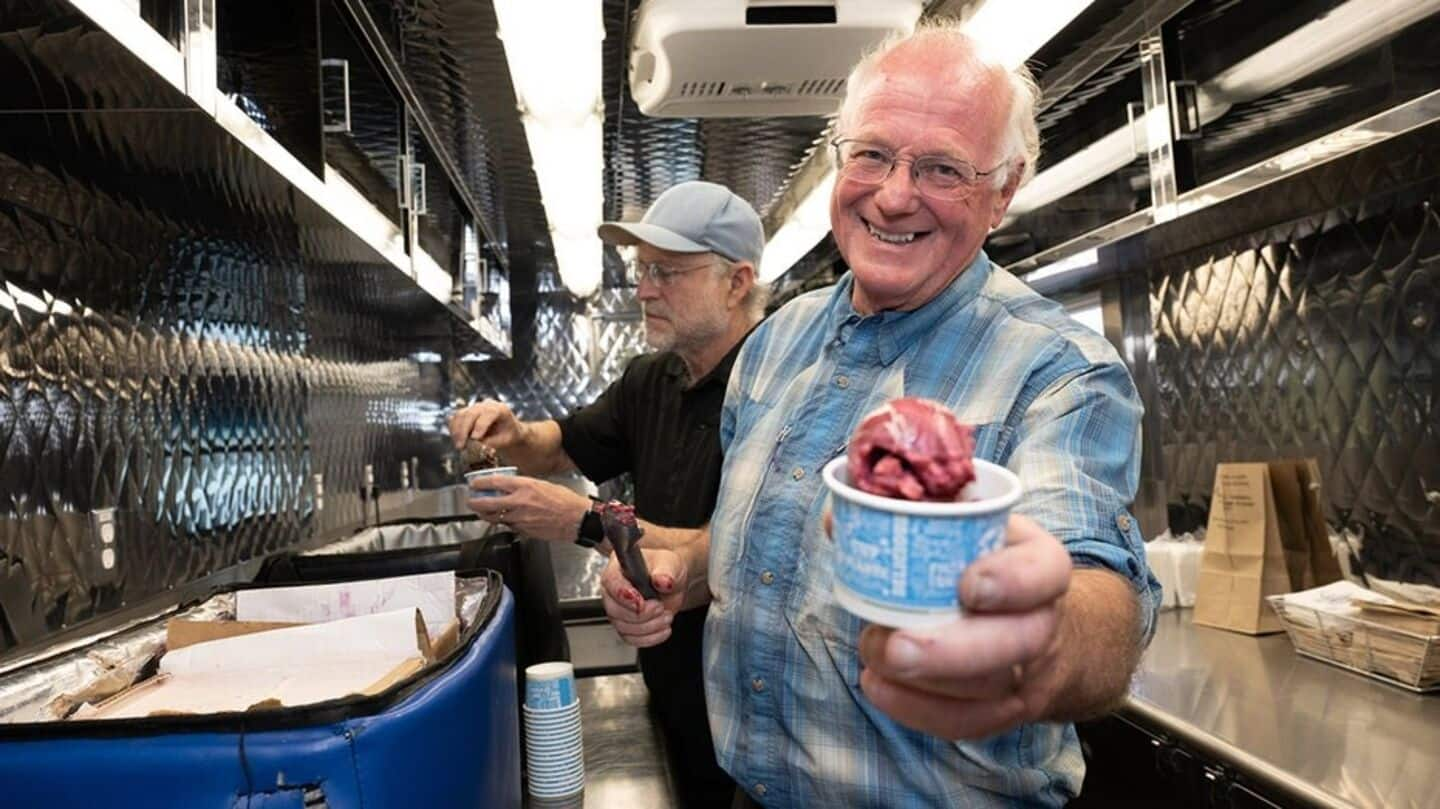
Unilever blocked Palestine-themed ice cream, says Ben & Jerry's co-founder
What's the story
Ben Cohen, the co-founder of popular ice cream brand Ben & Jerry's, has revealed that their parent company, Unilever, blocked a new flavor. The proposed flavor was meant to express "solidarity with Palestine." Now, Cohen has decided to launch the flavor independently as part of a personal series highlighting causes the company has been barred from addressing publicly.
Corporate conflict
Ben & Jerry's ongoing feud with Unilever
Ben & Jerry's has a long-standing reputation for its activism on social issues, including the ongoing Israel-Gaza conflict. This latest revelation from Cohen only adds to the ongoing feud between the ice cream maker and Unilever, which has owned Ben & Jerry's since 2000. The co-founders have accused Unilever and its ice cream arm Magnum of unlawfully blocking their company from "honoring its social mission."
Flavor details
Cohen to create watermelon-flavored sorbet
In an Instagram video, Cohen announced his plans to create a new watermelon-flavored sorbet. He asked for suggestions on what to name the product and what ingredients should be added. The watermelon has become a symbol of solidarity with Palestinians due to its colors resembling those of the Palestinian flag—red, green, black, and white.
Activism continuation
Calls for permanent peace in Palestine
Cohen said in the video, "I'm doing what they couldn't. I'm making a watermelon-flavored ice cream that calls for permanent peace in Palestine and calls for repairing the damage that was done there." The new dessert will be launched under Ben's Best, Cohen's activist ice cream brand. He also plans to develop other flavors that address issues Ben & Jerry's has been silenced from addressing publicly by Unilever.
Management shift
Jerry Greenfield resigned from Ben & Jerry's board last month
In September, Jerry Greenfield, another co-founder of Ben & Jerry's, resigned after decades with the company. He cited concerns that its independence had been compromised after Unilever's decision to limit its social activism. At the time, Cohen said "Jerry has a really big heart and this conflict with Unilever was breaking it."